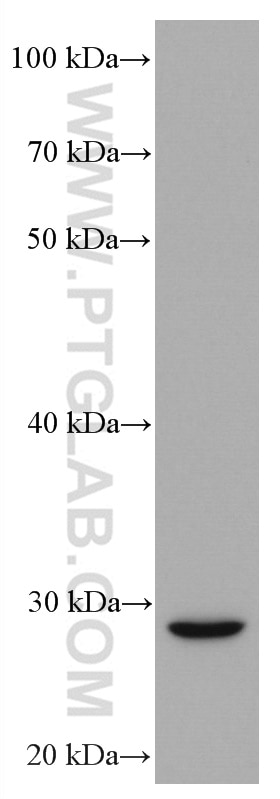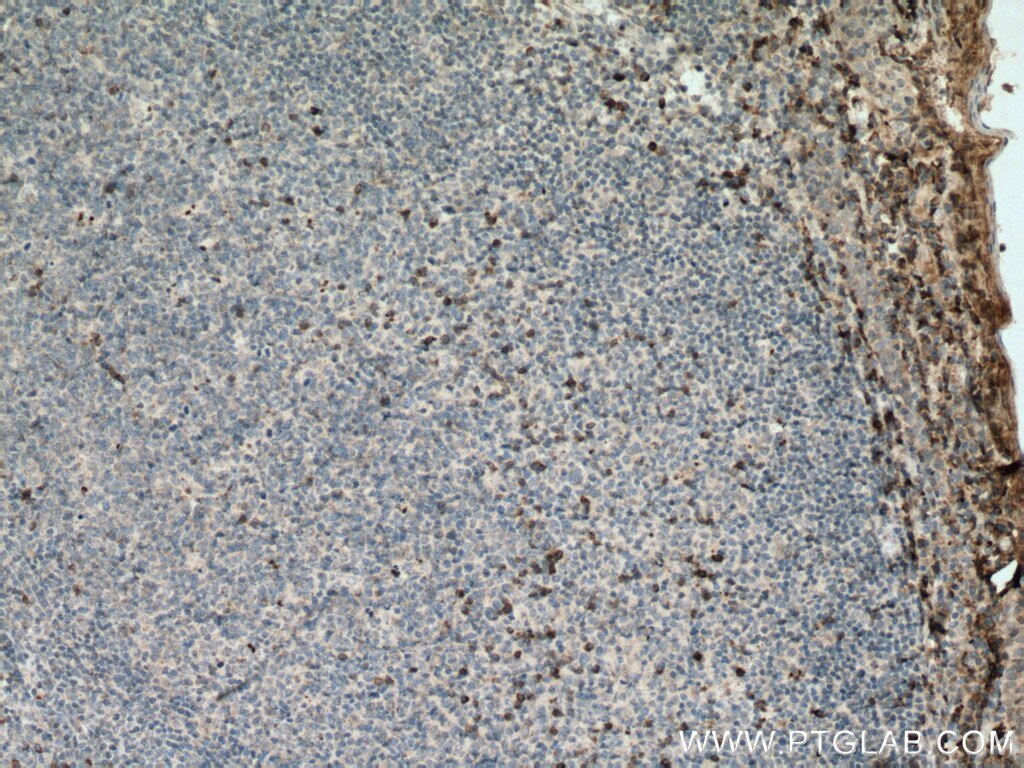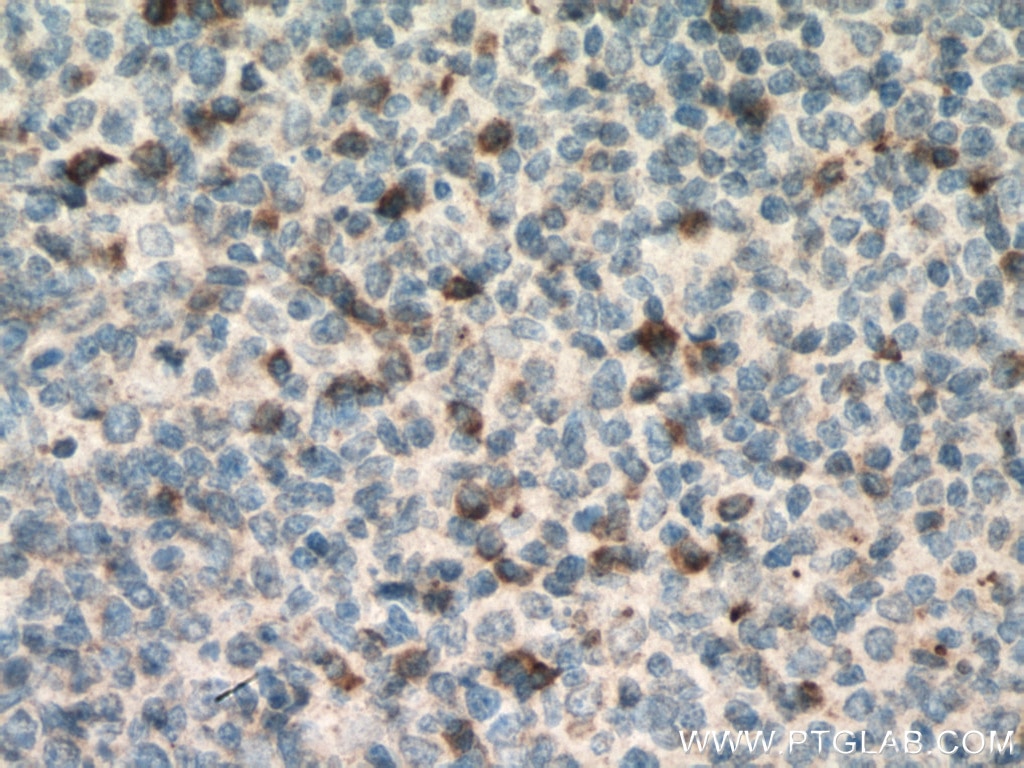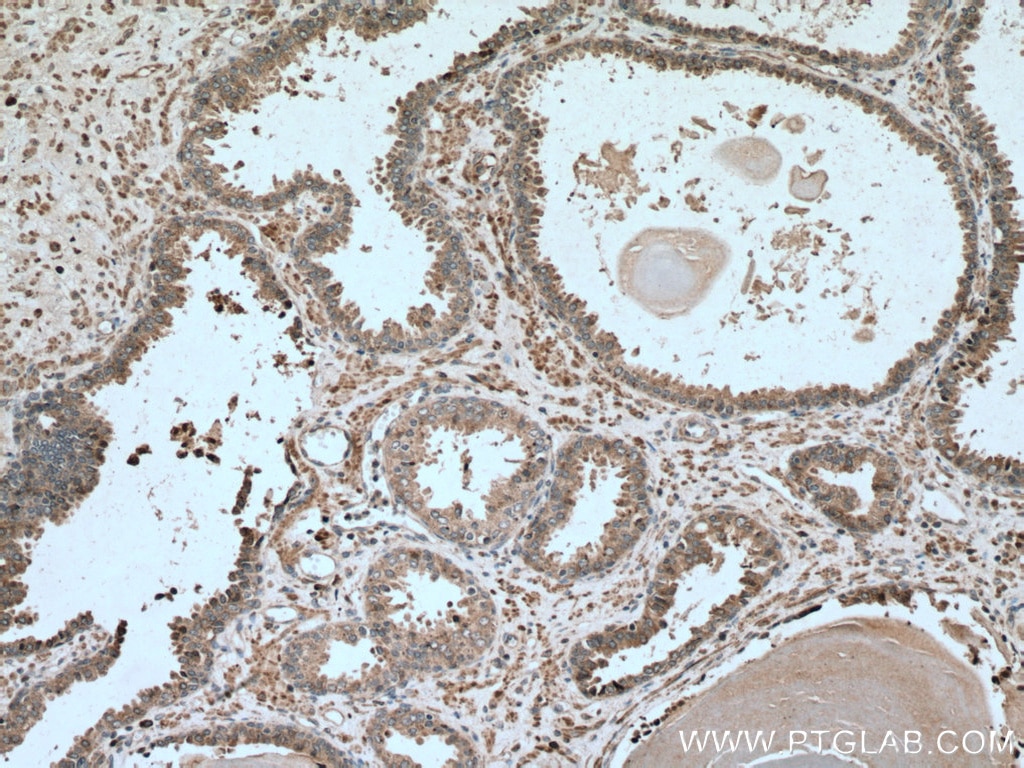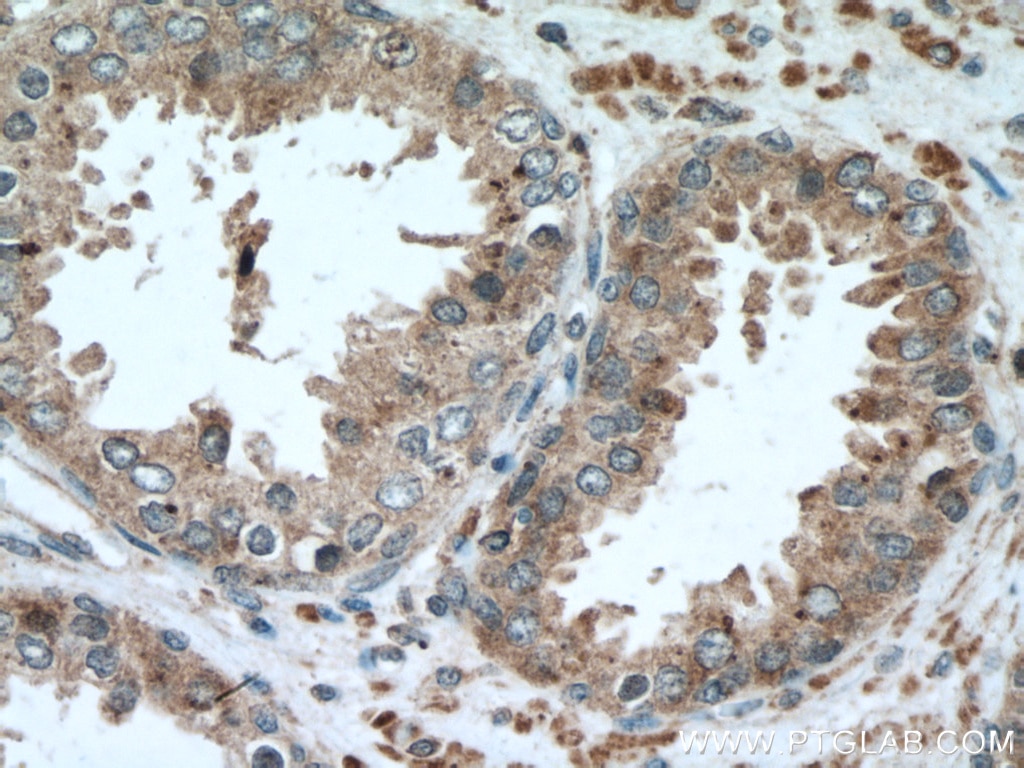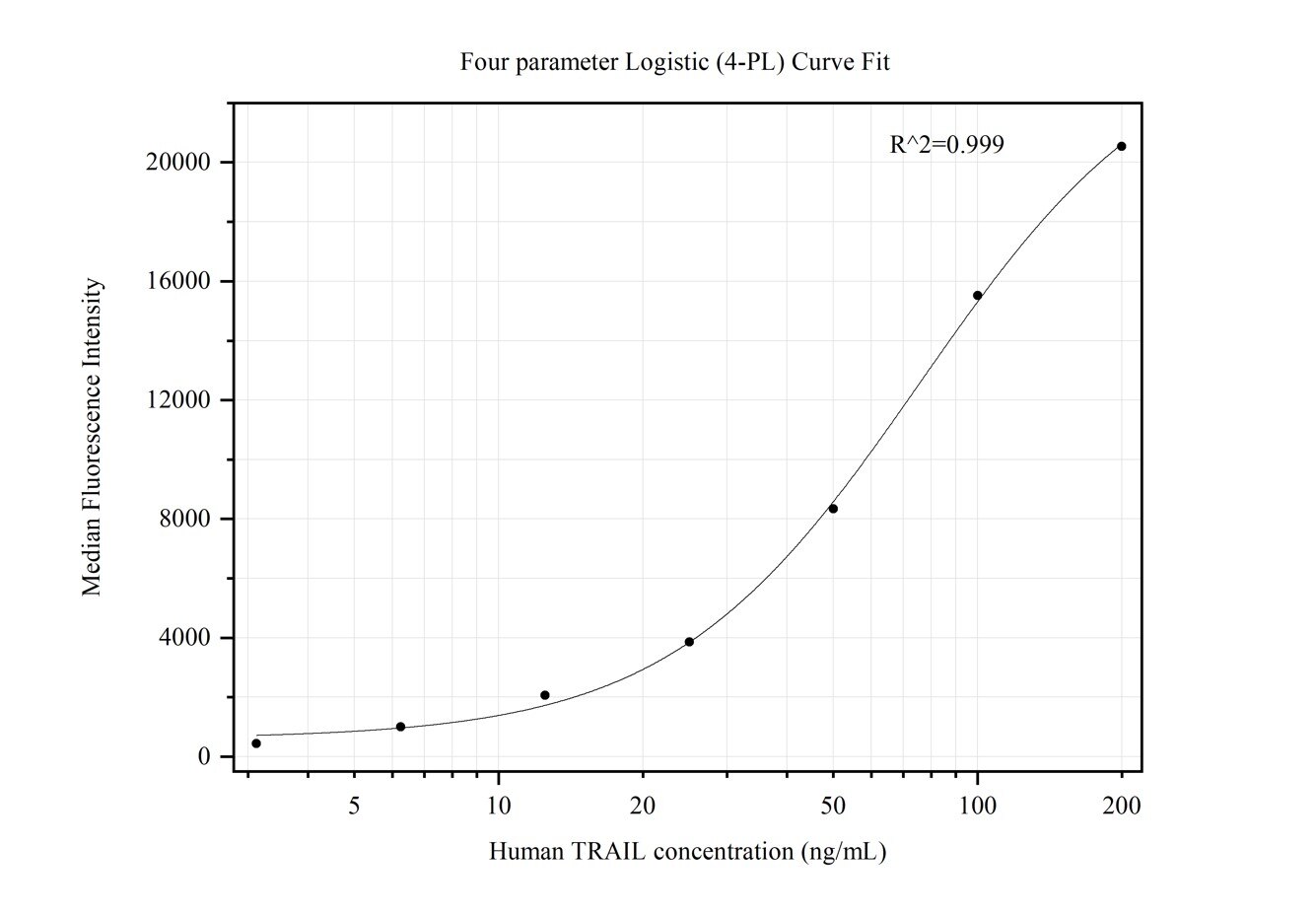Validation Data Gallery
Tested Applications
Recommended dilution
| Application | Dilution |
|---|---|
| It is recommended that this reagent should be titrated in each testing system to obtain optimal results. | |
Product Information
66756-1-PBS targets TRAIL as part of a matched antibody pair:
MP50341-1: 66756-1-PBS capture and 66756-2-PBS detection (validated in Cytometric bead array)
Unconjugated mouse monoclonal antibody pair in PBS only (BSA and azide free) storage buffer at a concentration of 1 mg/mL, ready for conjugation.
This conjugation ready format makes antibodies ideal for use in many applications including: ELISAs, multiplex assays requiring matched pairs, mass cytometry, and multiplex imaging applications.Antibody use should be optimized by the end user for each application and assay.
| Tested Reactivity | human |
| Host / Isotype | Mouse / IgG1 |
| Class | Monoclonal |
| Type | Antibody |
| Immunogen | TRAIL fusion protein Ag25746 相同性解析による交差性が予測される生物種 |
| Full Name | tumor necrosis factor (ligand) superfamily, member 10 |
| Calculated molecular weight | 281 aa, 33 kDa |
| Observed molecular weight | 28-30 kDa |
| GenBank accession number | BC032722 |
| Gene Symbol | TRAIL |
| Gene ID (NCBI) | 8743 |
| RRID | AB_2882102 |
| Conjugate | Unconjugated |
| Form | Liquid |
| Purification Method | Protein G purification |
| UNIPROT ID | P50591 |
| Storage Buffer | PBS only{{ptg:BufferTemp}}7.3 |
| Storage Conditions | Store at -80°C. |
Background Information
TNFSF10/TRAIL (tumor necrosis factor superfamily member 10) is a typical death ligand expressed on natural killer cells and cytotoxic T lymphocytes. This protein preferentially induces apoptosis in transformed and tumor cells, but does not appear to kill normal cells although it is expressed at a significant level in most normal tissues. TNFSF10 induces apoptotic cell death in cancer by binding to its functional death receptors, death receptor (DR) 4 (TNFRSF10A/TRAIL-R1) and DR5 (TNFRSF10B/TRAIL-R2) to activate the extrinsic apoptosis pathway. TRAIL also activates c-Jun N-terminal kinase (MAPK8/JNK) and the transcription factor nuclear factor-κB (NFκB). The binding of this protein to its receptors has been shown to trigger the activation of MAPK8/JNK, caspase 8, and caspase 3.
